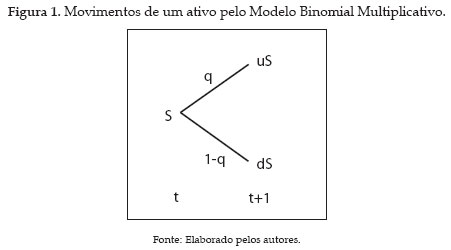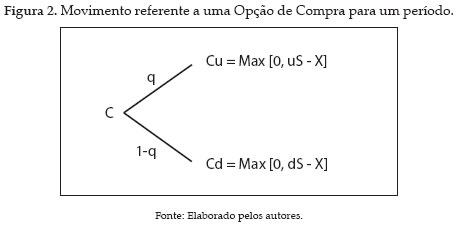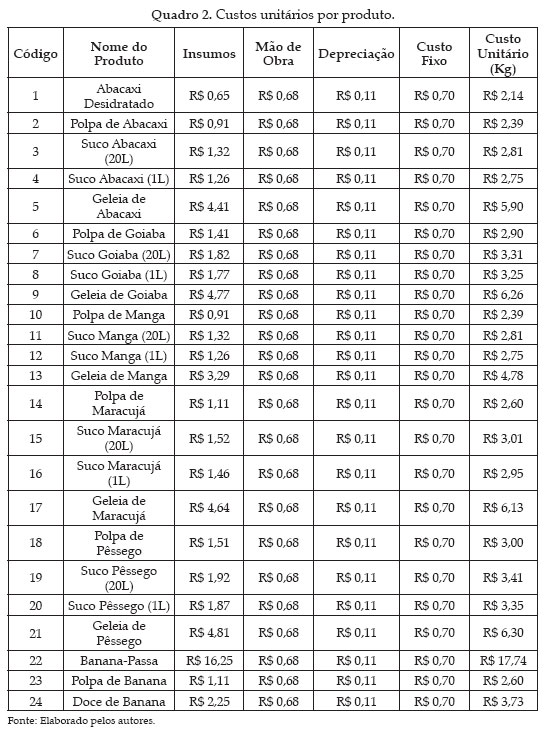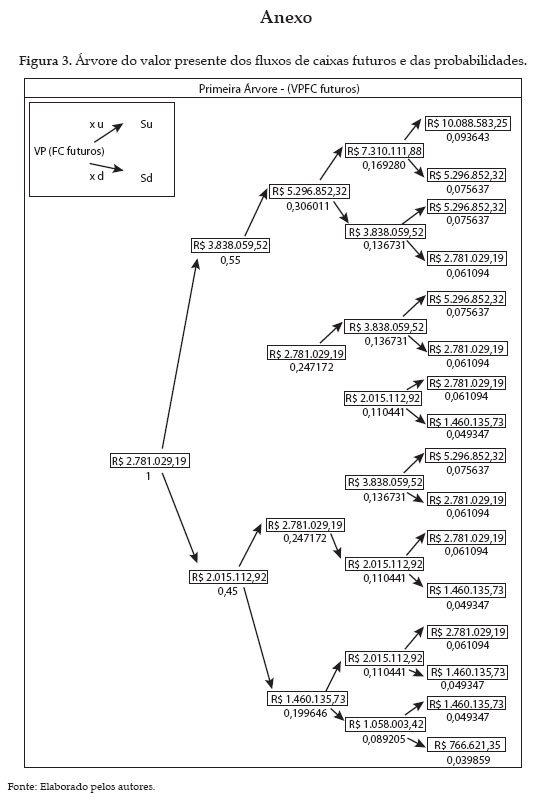The main objective of this work is to analyze the economical and financial feasibility of an agribusiness project using the Real Options Theory. The justification for using the TOR is centered on the fact that traditional methods of project analysis (NPV and IRR) ignore two important characteristics: a) irreversibility; b) the possibility of postponing the investing decision. These particularities, along with uncertainties about the future and other similarities, allow the investment opportunity to be in many aspects considered analogous to a financial option. In order to apply these concepts, this work presents a case study that is an agribusiness project of fruit processing which produces dehydrated fruits, pulps, juices, jams and candies. The evaluation aims to demonstrate the value of operational flexibilities presented by this project, such as delaying the project implementation. These flexibilities will be evaluated using the methodology proposed by Copeland & Antikarov (2001), which adds the Real Options of the project to the standard discounted cash flow method. The achieved results using the Expanded Net Present Value (ENPV), considering the real options, in the fourth year, was 891,877.00 reais, an increase of 207% compared to the traditional Net Present Value (NPV).
Real options; Agribusiness; Economic and financial viability; Investment projects













